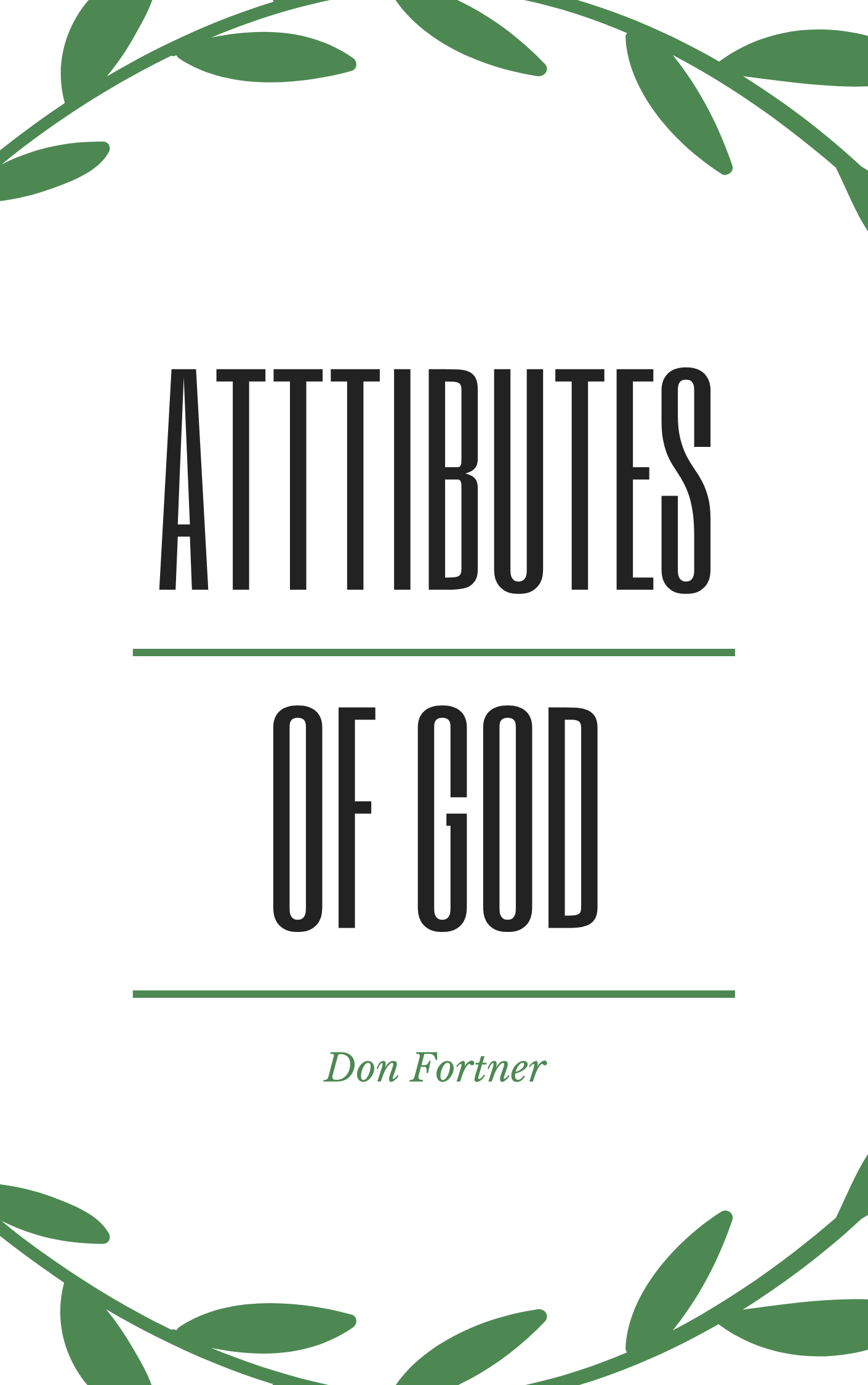
Attributes of God
Doctrine by
Don Fortner
How do you view God? Do you see Him as a tyrant who wants to rule your life but never respects your feelings, or do you see Him as a loving Parent who may be disciplinary at times but wants what’s good for you? Do you want the power to control everything in your life even if you end up destroying yourself, or do you find comfort knowing that there is God who can turn your bad situation upside down? In this book, Don Fortner enumerated the characteristics of God. He explained that if we fail to understand his attributes and think of him as a fallible being like us, it will lead to the twisted perception of His Holiness that can make us turn away from Him. But if we trust that He wants everything for our good, we can see the beautiful things He is making in His time.
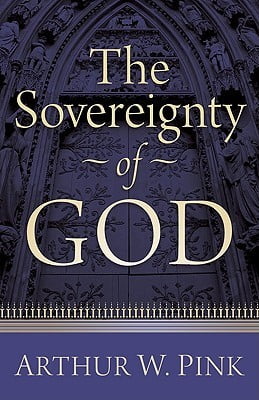
The Sovereignty of God
Doctrine by
A.W. Pink
In his book The Sovereignty of God, A.W. Pink outlines the sovereignty of God from a Calvinist standpoint. He defines God’s sovereignty, and then explains how God’s sovereignty is characterized in creation and salvation. Then Pink discusses the relationship between God’s sovereignty and the human will. The issues Pink raises in this book have previously been addressed by many prominent figures such as St. Augustine, St. Aquinas, Calvin, and Jonathan Edwards. Pink studied these wise men and draws from their conclusions in his own writing, but ultimately, the author places his perspective in light of God’s Word. Pink strongly believed that true faith rests “not in the wisdom of men but in the power of God.” Pink wants his readers to gain a firm grasp on the biblical text rather than the secondary literature, and he aims to highlight Scripture in his book.
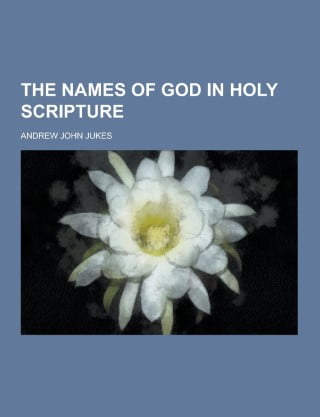
Names of God in Holy Scripture
Doctrine by
Andrew John Jukes
Elohim, Jehovah, El Shaddai, El Elyon, Adonai, El Olam—are you familiar with these words? All of these are names that pertain to God. But what’s the need for such variation if it is all refers to Him?
Jukes explores the original Hebrew and Greek text to reveal things about God that English translations missed in this book. He illustrates that we can know God better through the various names associated with Him. He emphasized that God wants us to know Him, but our mere intellect cannot open what those names contain. Only those with faith, humility, love, and patience amidst the uncertainties will be led to a full knowledge of who He is. May our meditation on the meaning of His names serve as a guide to know Him more so that we can reflect His image.

History of Origins of Chistianity Life of Jesus Bk1
History by
Renan Ernest
During Renan’s lifetime, Life of Jesus achieved considerable notoriety. It examined the life of Christ purely historically, following the trends of 19th century German higher criticism. Renan was wary of accepting the historicity of any supernatural elements in the New Testament, and his sceptical reading of the Gospels led him to deny the divinity of Christ. Since its publication, Life of Jesus has powerfully shaped the fields of modern biblical criticism and Christology. It has inspired many supplements, replies, and rebuttals, including Albert Schweitzer’s Quest of the Historical Jesus.

History of Origins of Christianity The Apostles Bk2
History by
Renan Ernest
This book belongs to a seven-volume series, the first of which, Life of Jesus, is the most famous (or infamous). The Apostles, the second volume, is a sequel of sorts to Life of Jesus, telling the story of the events immediately following Christ’s death. The historian follows the spread of Christianity from the Apostles to all across Europe and the Near East, documenting Pentecost and the establishment of the first churches. Renan’s historical account reflects his background in 19th century German higher criticism of the Bible.

History of the Origins of Christianity Bk4
History by
Ernest Renan
History of the Origins of Christianity is a seven-volume series written by Ernest Renan, a French philosopher, historian, and scholar of religious studies. Life of Jesus rose to prominence throughout Renan’s lifetime. It investigated Christ’s life solely historically, following the traditions of nineteenth-century German higher criticism.
Renan was dubious of accepting the historical actuality of the elements of the supernatural found in the New Testament, and his skeptical discernment of the gospels led him to deny the divinity of Christ. Scandalous in its nature, Life of Jesus has had a significant impact on the fields of contemporary biblical criticism and Christology. Many additions and contradictions have followed since its publication, notably Albert Schweitzer’s Quest for the Historical.
While the series proved to cause turmoil in the religious and philosophical communities, it is, without a doubt, a thought-provoking material to read for any Christians hoping to challenge their knowledge in theology.
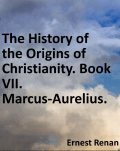
History of the Origins of Christianity Bk7
History by
Ernest Renan
This book belongs to a seven-volume series, the first of which, Life of Jesus, is the most famous (or infamous). Marcus Aurelius, the seventh volume, concerns the development of the church during the reign of the Roman emperor, Marcus Aurelius. The historian argues that Marcus Aurelius, famous for his evenhanded rule and contributions to Stoic philosophy, influenced early Christianity greatly. During the emperor’s reign, Christianity adopted Stoic systems and standards of morality that have since survived into the present. Renan’s account reflects his background in 19th century German higher criticism of the Bible.
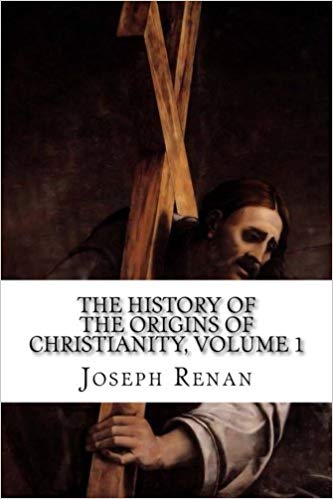
History of the Origins of Christianity Bk6
History by
Ernest Renan
This book belongs to a seven-volume series, the first of which, Life of Jesus, is the most famous (or infamous). The Reigns of Hadrian and Antoninus Pius, the sixth volume, tells the story of Christianity during reigns of two of the 2nd century’s Roman emperors. The book details the development and expansion of Christianity after the more intense persecution of the previous century had ended. No longer facing open persecution, Christians grew in number faster than before along with their various heresies, as Renan explains. The historian’s account reflects his background in 19th century German higher criticism of the Bible.